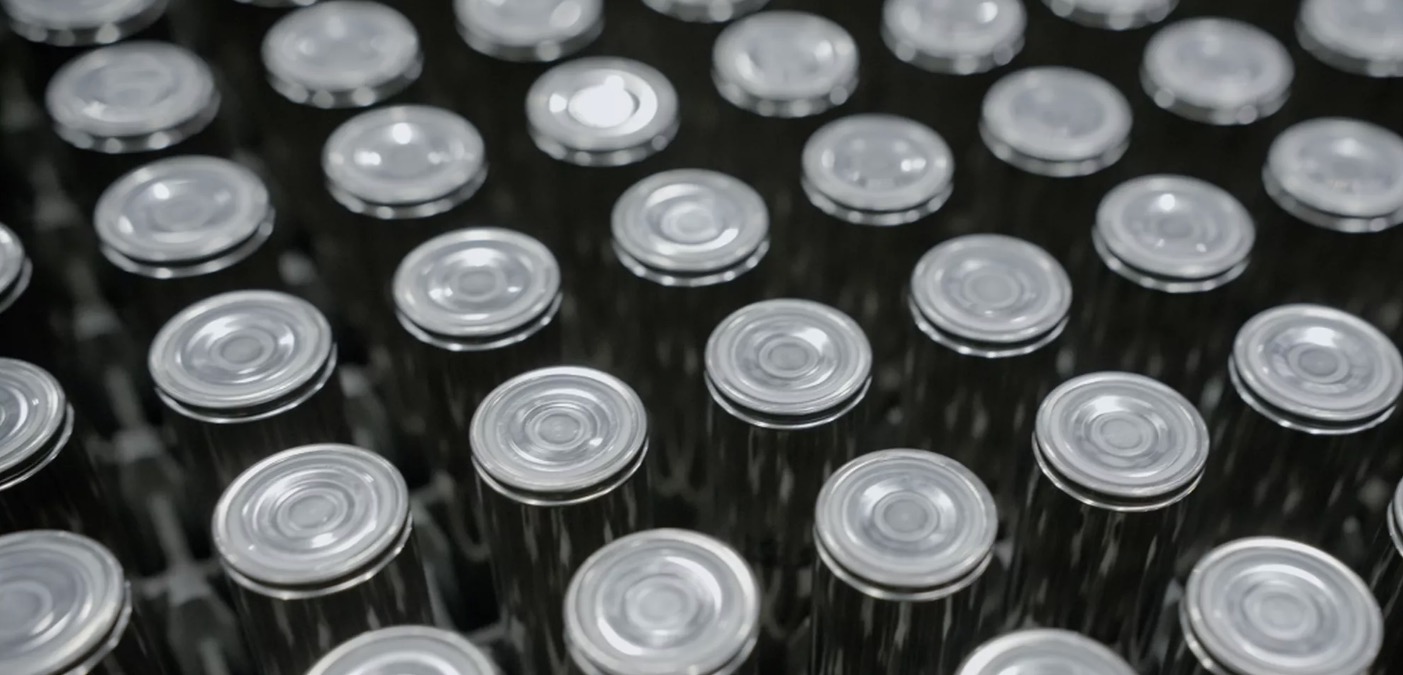
Today, Toyota and leading recycling specialist Redwood Materials announced a new expansion that brings the messy and complicated global supply chain of battery components one step closer to a circular battery ecosystem, all on American soil.
The two have announced that Redwood Materials, a US-based company specializing in recycling, refining, and remanufacturing used battery materials, will supply Toyota with cathode material and anode copper foil for its EV lineup. These components represent a majority of the cost of lithium-ion cells and are sourced entirely overseas. Toyota’s $13.9 billion factory in North Carolina, scheduled to go into production in 2025, will be the first to use the materials.
This is all great news in the move toward EV sustainability, with Toyota being among the first to both recycle its hybrid electric batteries, like those used in the Toyota Prius, and then return those same recycled materials into the manufacturing of batteries used in its all-electric vehicles.
The long-term contract also marks an expansion of the original partnership between the two companies, announced in 2022. Under that deal, Redwood Materials refurbished Toyota’s hybrid and electric vehicles or, when that wasn’t possible, pulled out critical materials like copper, nickel, and lithium and transformed those into components that could be returned to Toyota for cell manufacturing.
Redwood Materials, a company led by Tesla cofounder JB Straubel, is focused on creating the two most critical battery components – cathode active material and anode copper foil – in the US for the first time. Cathode active material is made from recycled lithium, nickel, and cobalt, and anode foil is made from recycled copper.
For Toyota’s products, Redwood is targeting a minimum of 20% recycled nickel, 20% recycled lithium, and 50% recycled cobalt in its cathode and 100% recycled copper in the anode copper foil, which the company says makes them “the most sustainable battery materials available on earth.”
Redwood is expanding its facility in Nevada and says it will soon start building a second battery materials facility in South Carolina. Both of Redwood’s campuses will recycle, refine, and manufacture battery materials, aiming to scale production of components to 100 GWh annually. In September, the company announced that it is expanding to Europe as well, with the acquisition of Germany’s Redux Recycling, the leading lithium-ion battery recycler in the EU.
FTC: We use income earning auto affiliate links. More.




Comments